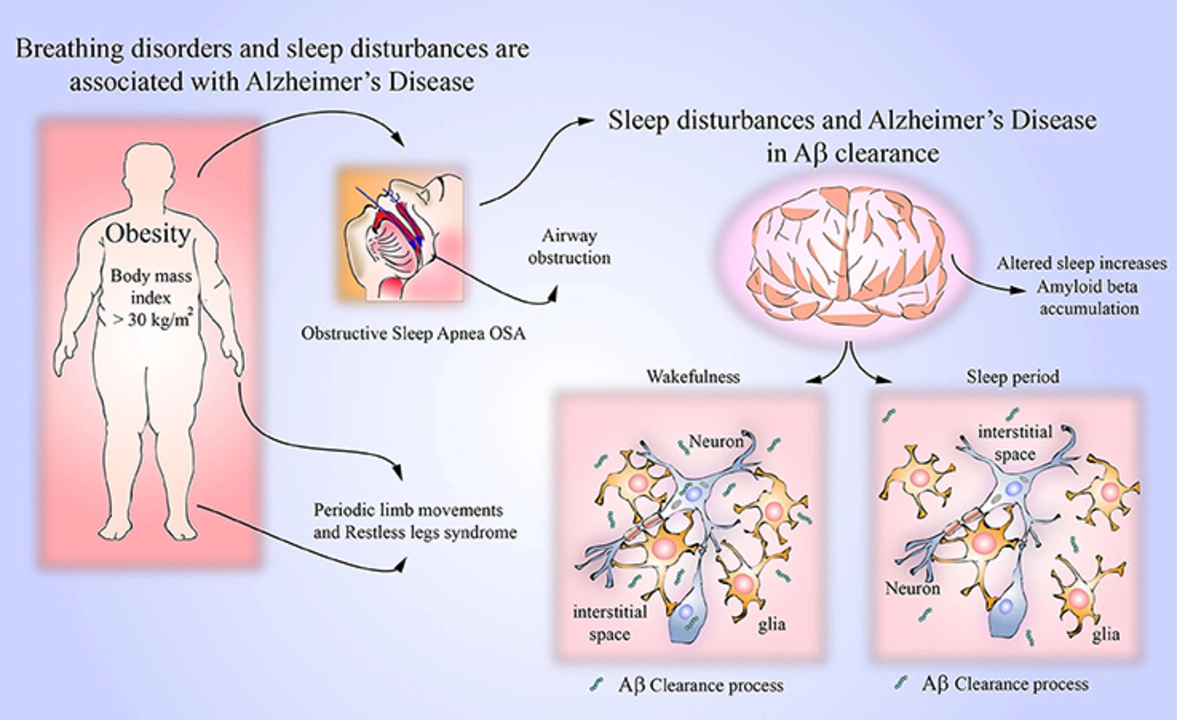Sleep disorders: what they look like and how to start fixing them
Are you constantly tired, nodding off at odd times, or waking up feeling worse than when you went to bed? That doesn’t mean you’re lazy — it could be a sleep disorder. These problems range from insomnia and sleep apnea to restless legs and circadian rhythm issues. The good news: many causes are clear, and simple changes often help a lot.
Common types and signs
Insomnia is trouble falling or staying asleep. You might lie awake for hours, wake up early, or feel unrested. Sleep apnea is loud snoring with pauses in breathing — daytime sleepiness, morning headaches, and poor concentration are common. Restless legs cause an urge to move your legs at night, making sleep fitful. Circadian rhythm disorders shift your sleep schedule so you sleep at the wrong times for your life.
Sleep problems often come with other health issues. Depression and anxiety can disrupt sleep — see our Paxil guide for how some antidepressants affect sleep (Paxil: Paroxetine for Anxiety and Depression). People with chronic fatigue or dementia may also have sleep disruptions — read about Memantine and chronic fatigue (Memantine and Chronic Fatigue Syndrome) and sleep tips for dementia caregivers (Exelon for Dementia).
What helps: simple steps and medical options
Start with sleep hygiene: keep a regular bedtime, avoid screens an hour before bed, limit caffeine after mid-afternoon, and make your room cool and dark. Try a short wind-down routine — reading, stretching, or deep breathing for 10–20 minutes. For many people, these changes cut insomnia in weeks, not months.
If lifestyle changes don’t help, cognitive behavioral therapy for insomnia (CBT-I) is the next best step. CBT-I targets the thoughts and habits that keep you awake and often works better long-term than sleeping pills. For sleep apnea, a CPAP machine or other airway devices reduce apnea events and daytime sleepiness. Restless legs sometimes respond to iron supplements or specific medications — check with a doctor before trying anything new.
Medications can help short-term but carry risks. Some antidepressants change sleep patterns; others cause drowsiness. If you have kidney disease or chronic health conditions, sleep drugs can interact with other meds — see our piece on mental health and kidney disease (Renal Failure and Mental Health).
See a doctor quickly if you have loud, interrupted breathing during sleep, very sudden daytime sleep attacks, stopped breathing at night, or if sleep problems make driving or work unsafe. Bring notes on sleep times, naps, and any medications you take. A sleep study (polysomnography) can diagnose apnea, periodic limb movements, and other conditions.
Want practical reading next? Check related articles on RexMD.SU for medication effects, chronic fatigue, and caring for older adults with sleep troubles. Small changes plus the right help can get you sleeping better and feeling more like yourself.

